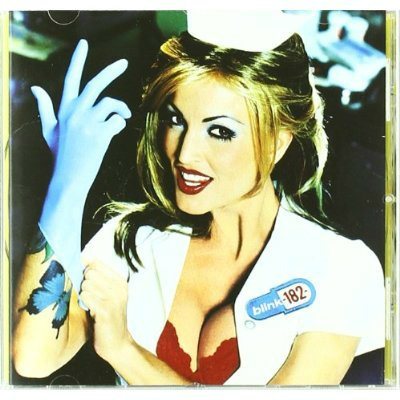 A new genomics study published in Medical Science Monitor indicates that Recreational Music Making (RMM), a group music-based activity that focuses on personal expression and group support (rather than mastery and performance), has been shown to have significant impact on the DNA level for individuals with cardiovascular disease. This is the first scientific publication in the world that advances knowledge of the genomic impact of RMM as a stress-reduction strategy for patients facing the challenges of heart disease through biological pathway analysis.
A new genomics study published in Medical Science Monitor indicates that Recreational Music Making (RMM), a group music-based activity that focuses on personal expression and group support (rather than mastery and performance), has been shown to have significant impact on the DNA level for individuals with cardiovascular disease. This is the first scientific publication in the world that advances knowledge of the genomic impact of RMM as a stress-reduction strategy for patients facing the challenges of heart disease through biological pathway analysis.
“A growing body of research suggests that stress may contribute substantially to the development of coronary vascular disease,” said principal investigator Barry Bittman, MD, CEO of the Yamaha Music and Wellness Institute, and Meadville Medical Center’s Chief Innovations Officer. “While exercise and nutritional strategies abound for patients facing the challenges of heart disease, relatively few enjoyable, effective stress-reduction strategies are incorporated into therapeutic regimens. This unique study builds upon our prior research to suggest that creative musical expression (even in individuals who do not consider themselves musical) may play an important therapeutic role in the lives of our patients.”
As noted in the research investigation, psychosocial stress has been shown to increase the risk for cardiovascular disease. A growing body of evidence indicates that psychosocial stressors are associated with hypertension, progression of atherosclerosis and cardiovascular events, and thus contribute significantly to cardiovascular morbidity and mortality. This study suggests that RMM may be more clinically useful for stress reduction, and may confer greater benefit to cardiovascular patients, than traditional modes of relaxation are.
The study was performed with three distinct full blood genomic assessments on each subject: at baseline, after a one-hour stress-inducing exercise, and after either a one-hour Yamaha Clavinova Connection session (a group music activity performed on Yamaha Clavinova digital pianos) or a one-hour quiet reading session. RMM clearly evoked biological activity in a substantially greater number of pathways when compared to the control group (12 versus two pathways).
For more information about the RMM study, visit Medical Science Monitor at www.medscimonit.com/abstract/index/idArt/883807.


